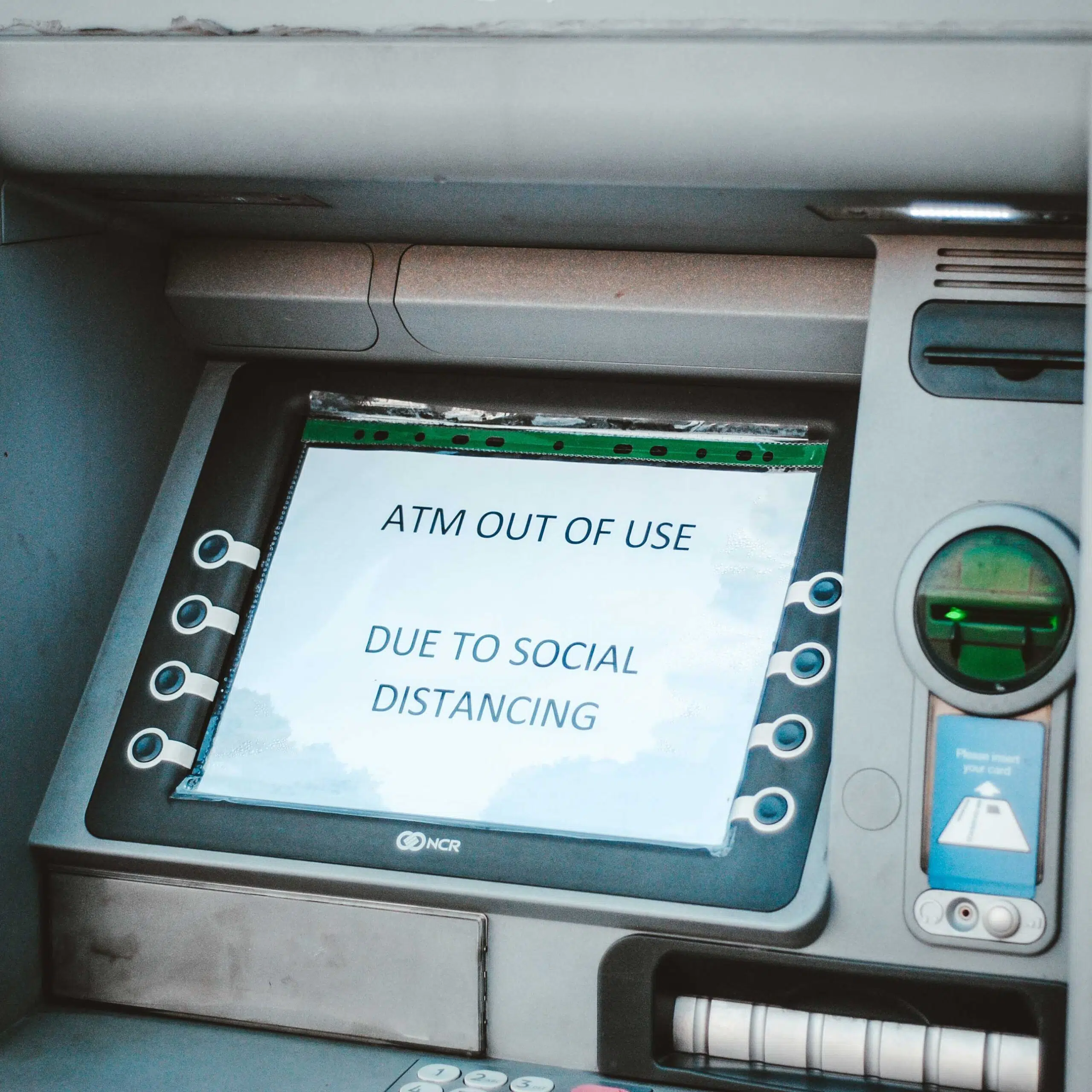Consumer complaints about payment products and services have shot up since March, when the national emergency was declared to deal with the Covid-19 pandemic. Complaints about credit and prepaid card products are up 29% over the same period last year, and gripes about money-transfer, virtual-currency, and money services have soared 77%. That’s according to data from the Consumer Financial Protection Bureau analyzed by Hoboken, N.J.-based LendEDU, an online information source and marketplace for consumer financial products.
The complaints poured in as consumers struggled with sudden unemployment or reduced working hours, and small business owners contended with lost business from shut-down and stay-at-home orders. Banks and other issuers, too, were faced with an unprecedented crisis. “No one was really prepared for this situation,” Mike Brown, director of communications at LendEDU, tells Digital Transactions News.

Complaints about general-purpose credit cards and prepaid cards, along with government-benefit cards and other card products, totaled 11,504 over the 127-day period from March 13 through July 17, according to LendEDU’s report, released Tuesday. For the same period last year, the total was 8,931. The biggest issues were related to transactions shown on statements (up 38%) and fees and interest (28%).
With government benefit cards, the biggest gripe related to just getting one, with complaints totaling 567 compared to just 30 a year earlier. Much of this likely had to do with problems surrounding the distribution of CARES Act stimulus funds, some of which was distributed on debit cards that were printed with the wrong names or that consumers mistakenly threw away, the report says.
In the money-transfer category, complaints about opening, closing, or managing an account, frauds and scams, and transaction problems dominate the list of issues under the mobile-wallet category, which registered 1,228 complaints, up 122%. Problems with domestic money transfer were up 58%; for international transfers, 40%.
“As reported, the coronavirus pandemic has brought with it a number of phishing scams related to money transfers, in addition to fraudulent texts and calls from scammers impersonating banks trying to collect on debts,” the report says.







